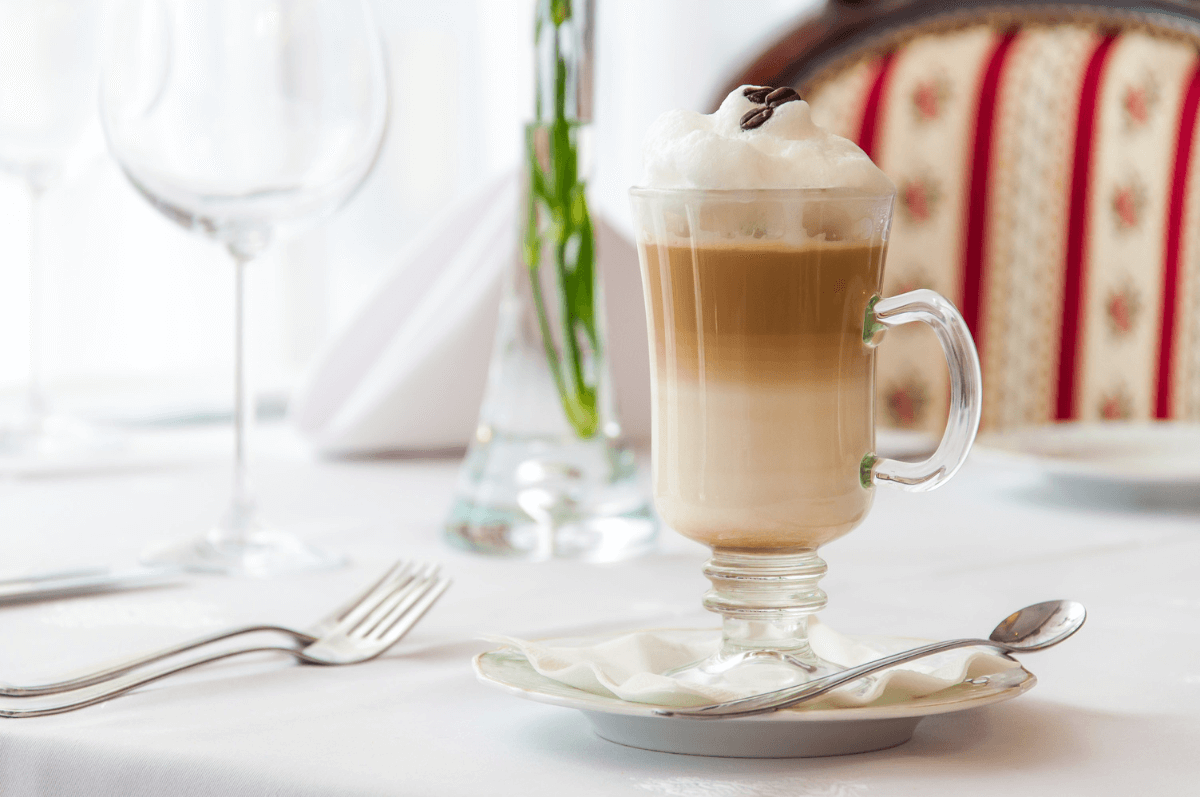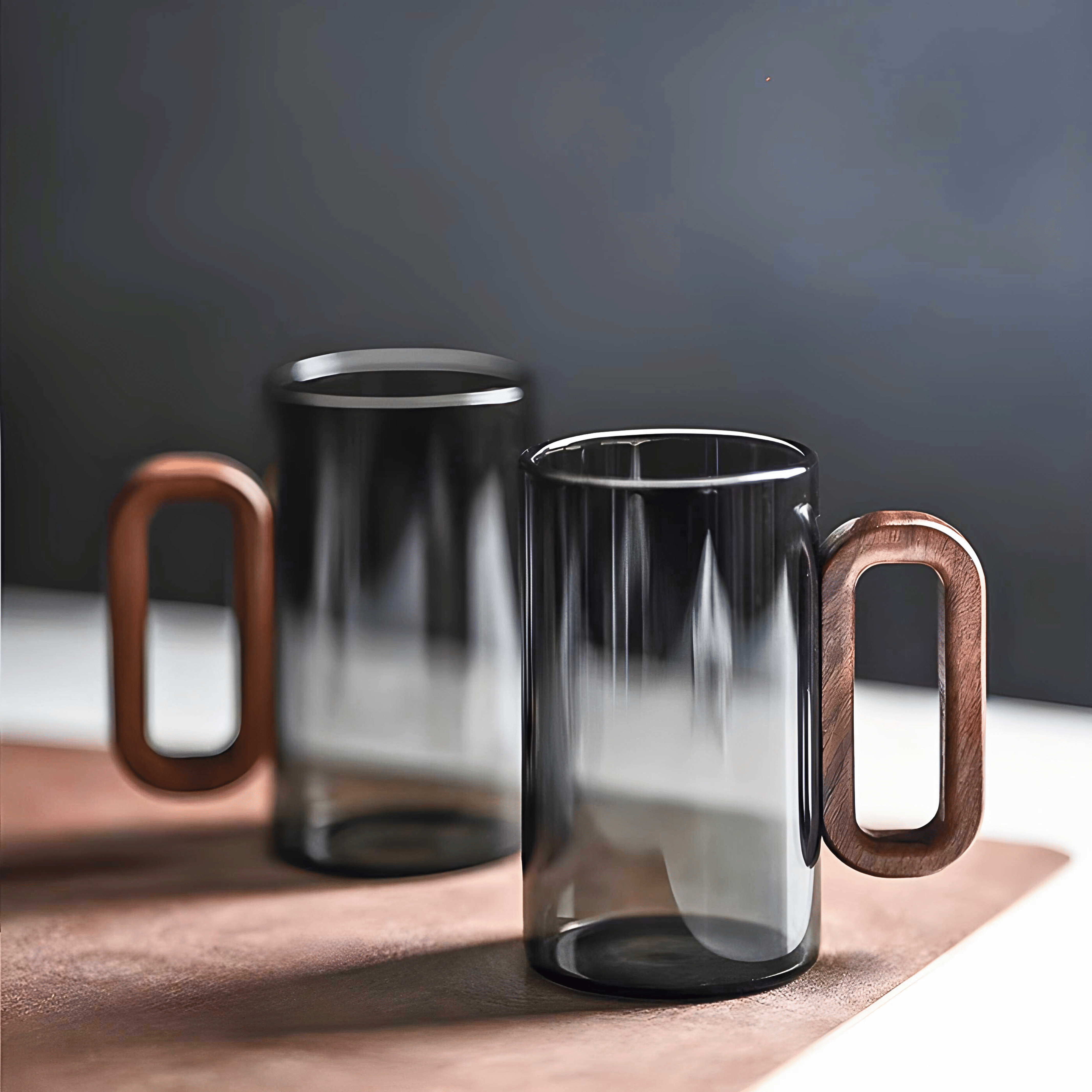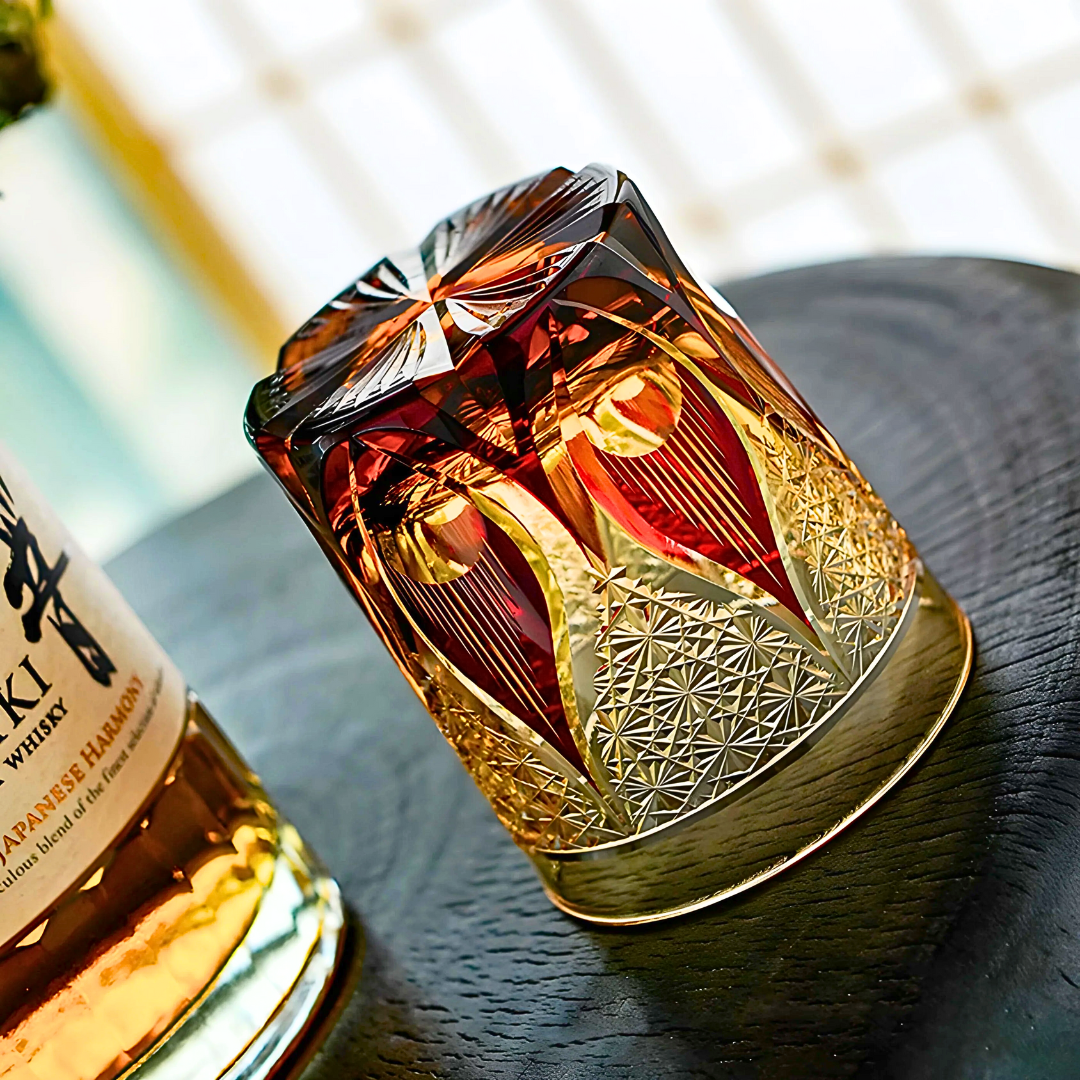Specialty coffee is much more than your morning pick-me-up. It’s a carefully crafted journey, starting with the selection of the very best beans and ending in a cup that’s brewed to highlight every unique flavor note.
In this guide, we’ll break down what sets specialty coffee apart, how expert graders determine its quality, and the associations that shape global standards.
Discover what makes these beans so exclusive, and trace the steps that bring specialty coffee from the farm all the way to your cup.
In This Article
What is specialty coffee?
Specialty coffee stands out for its exceptional quality at every stage, from grower to brewer.
Unlike everyday coffees, these beans are chosen for their unique flavor profiles and are free from defects. This commitment to quality is what makes each cup of specialty coffee a truly stand-out sensory experience.
The definition of specialty coffee
Specialty coffee, as recognized by groups such as the Specialty Coffee Association (SCA), must meet strict criteria.
To qualify, beans need a score of at least 80 out of 100 on the SCA’s quality scale and must display distinct features tied to their origin, flavor, acidity, and sweetness. Only a select fraction of the world’s coffee can achieve this level of quality.
Most specialty coffees are grown in high-altitude regions with ideal climates, like those found in Guatemala, Ethiopia, and Colombia.
The process involves meticulous attention to sustainable farming practices and harvesting methods. This definition also includes transparency and responsible sourcing, with many producers and roasters forming direct, lasting relationships.
How specialty coffee is scored (cupping and grading)
Specialty coffee earns its title through careful evaluation, known as cupping and grading. Certified graders start by checking green beans for imperfections, then roast and brew sample batches. Each batch is judged on aroma, acidity, body, balance, and aftertaste by taste experts.
Beans lose points when defects or off-flavors are detected, or if their profile isn’t harmonious. Only coffees scoring above 80 are ranked as specialty grade, while the most remarkable batches can score over 90. This ensures that only coffees with outstanding clarity, complexity, and balance are classified as specialty coffees.
Key associations and standards (SCA and similar organizations)
The Specialty Coffee Association (SCA) and related organizations play a central role in upholding specialty coffee’s reputation around the world. The SCA offers rigorous training, oversees the Q Grader Program, and develops protocols that producers, traders, and roasters use globally.
Other groups, such as the Cup of Excellence and regional coffee associations in consuming countries, support research, drive sustainability initiatives, and encourage practices like fair trade and responsible sourcing. By setting these high benchmarks for quality and ethics, they keep specialty coffee at the forefront of the industry.
Similar Articles
The journey from bean to cup
Specialty coffee’s journey starts well before it lands in your cup. Each phase, from the bean’s origin to the brewing method, helps shape both its quality and unique character.
Growing regions and origins
Where coffee grows has a big effect on its personality. Specialty coffees are often cultivated in celebrated regions like Ethiopia, Guatemala, and Brazil, where special climates and elevations nurture layered flavors. Each coffee origin brings its own distinct notes floral, fruity, or chocolatey reflecting how the land itself shapes artisan coffee.
Estates such as Jamaica’s Blue Mountain and India Ratnagiri Estate are favorites for their exclusive beans. Across Africa, Asia, and the Americas, both tradition and innovation continue to guide the world of specialty coffee, with a constant commitment to quality.
Responsible sourcing and sustainability strategies
Ethics and sustainability sit at the heart of the specialty coffee world. Producers and roasters put real effort into creating transparent supply chains and making sure growers earn fair pay. Direct trade supported by groups like the SCA and outlined in the Transaction Guide helps build strong, fair partnerships.
Many in specialty coffee also back research, invest in local education, and seek certifications like organic and fair trade to reinforce sustainable and responsible growing. These approaches support growth, equity, and care for the environment.
Processing methods and their impact
Processing methods have a big say in the final taste and aroma of specialty coffee. Growers use a range of techniques, such as washed, natural, and honey processing. The Santa Rosa honey process, for example, enhances sweetness, while methods like anaerobic fermentation, seen in Indonesia Hendra Maulizar lots, can create striking complexity.
Care in processing brings out each coffee’s unique traits, guarding quality and minimizing defects. Whether rooted in tradition or shaped by innovation, these techniques make sure every batch of specialty coffee delivers the balance and clarity that define high quality coffee—what fans expect from top-tier artisan and gourmet blends.
Discover Exciting Coffee Mugs
Distinguishing features of specialty coffee
Specialty coffee stands out from commercial and premium options with its unwavering focus on quality, distinct flavors, and a commitment to keeping beans as fresh as possible. Here’s what sets these coffees apart.
Flavor profiles and balanced taste
The standout quality of specialty coffee is its layered, clean flavor profile . Expect balanced sweetness, lively acidity, and tasting notes ranging from floral or fruity to chocolatey or even spicy.
Each growing region, from Ecuador and Bolivia to areas crafting Colombia Aponte or Guji coffees, brings its own character. Skilled cuppers and graders trained through SCA programs help identify and showcase these unique profiles. Unlike everyday blends, specialty brewed coffee avoids bitterness and dullness, delivering a cup shaped by the bean’s growing conditions and careful processing.
You might discover notes like:
Blueberry and jasmine in Ethiopian coffees
Chocolate and hazelnut from Brazilian beans
Lychee and honey in Colombia’s Jairo Arcila lots
This focus on flavor complexity and balance is why specialty coffees captivate anyone seeking high quality coffee.
Fresh roasting and quality preservation
From farm to cup, every step is designed to keep beans at peak freshness . Specialty coffee revolves around fresh roasted beans, with many roasters sharing roast dates and best-by recommendations.
Roasters and wholesalers in the specialty coffee association network take extra steps with storage and packaging to guard beans against oxygen, moisture, and light. They use methods like nitrogen flushing and one-way valve bags so every cup keeps its rich aromas and subtle taste notes.
For those who choose specialty coffee, it often means getting beans that were roasted just days before arriving at your door, not months. This attention guarantees each espresso or pour-over captures the full intention of the producer and roaster.
Premium vs. specialty vs. gourmet: understanding the differences
“Premium coffee,” “specialty coffee,” and “gourmet coffee” crop up often, but they aren’t the same:
Category |
Definition |
Quality Score (SCA) |
|---|---|---|
Premium Coffee |
Better than typical commercial coffee, with fewer defects |
Not officially graded |
Gourmet Coffee |
Suggests high quality, but more of a marketing term than a set standard |
Varies |
Specialty Coffee |
Must meet tough SCA or association criteria for quality and traceability |
80+ out of 100 |
Specialty coffees are evaluated through careful industry assessments, traceable origins, and full transparency about where and how the beans grew .
Premium or gourmet coffees may offer a step up in taste from mass market blends, but specialty coffee follows stricter standards defined by the SCA and similar groups. If you’re searching for exclusive, expertly sourced beans, specialty coffee is your surest guide.
Brewing for excellence
Unlocking the true character of specialty coffee begins with the way you brew. Here’s how to bring out the best in every cup, so each high quality coffee bean can shine.
Methods best suited for specialty coffee
When it comes to specialty coffees, certain brewing methods let you experience the complete range of flavors, sweetness, and lively acidity the beans offer.
Manual approaches such as pour-over (V60, Chemex), Aeropress , and siphon brewing are top choices among seasoned coffee enthusiasts. These methods give you full control over details like water temperature and brew time, making it easier to extract the precise flavors you want. For those who appreciate intensity, an espresso machine works especially well with fresh roasted or artisan coffee beans, drawing out every subtle note.
No matter which route you choose, consistency and cleanliness matter. A burr grinder makes sure your coffee grounds are uniform in size, while filtered water preserves the clarity of your beverage. Careful attention to these basics means you’re much more likely to taste the juicy fruit notes of African blends or the chocolate richness of beans from Brazil.
Tips from expert roasters and baristas
Small adjustments can make a big difference when brewing specialty brewed coffee . Professionals always recommend starting with freshly ground premium coffee blends , weighing both coffee and water for consistent results.
A common water-to-coffee ratio is 1:16, but this can be adjusted to emphasize particular flavor notes. The ideal water temperature falls between 195°F and 205°F , which helps extract the best characteristics from your grounds. Letting the coffee bloom (pre-infusing with a bit of hot water) releases trapped gases, setting the stage for even extraction and a smoother cup.
Baristas and roasters also suggest:
Adapting your grind size to fit your brewing method, which affects how your final cup tastes.
Tinkering with pour speed and agitation to discover new flavor profiles—something that works beautifully with exclusive coffee lots from places like Guatemala or with Indonesia’s Hendra Maulizar anaerobic beans.
Keeping your equipment spotless, so the clean flavors of the coffee remain front and center.
By measuring carefully, practicing your technique, and being open to a little experimentation, you can recreate the clarity, sweetness, and complexity of top-tier specialty coffees right in your own kitchen.
Conclusion
Specialty coffee stands as the gold standard for quality, transparency, and thoughtful craftsmanship in the coffee world.
Every stage, from careful cultivation and creative processing to attentive brewing, is dedicated to highlighting the bean’s unique origin and creating a cup with remarkable character.
By choosing specialty coffee, you tap into a global tradition, back responsible sourcing, and get to enjoy one-of-a-kind flavors and layers of complexity. Whether coffee is part of your everyday routine or a craft you’re passionate about, exploring specialty beans can turn a simple cup into a memorable experience.
FAQs
What is considered specialty coffee?
Specialty coffee refers to beans that achieve a score of 80 points or above on a 100-point scale from certified graders.
These coffees must be free of major defects, traceable back to their origin, and offer distinct flavor profiles thanks to attentive cultivation, processing, and roasting.
What is the difference between coffee and specialty coffee?
The key differences are quality and traceability. Regular coffee often comes from average-quality beans with more generic flavors.
Specialty coffee, on the other hand, is carefully sourced and rigorously evaluated for outstanding taste, clarity and sustainable practices, usually recognized by organizations like the Specialty Coffee Association.
What counts as specialty coffee?
To be recognized as specialty, a coffee must come from select varietals, be grown and processed with care, and meet strict grading criteria for defects, aroma, sweetness, and flavor balance. Transparent sourcing and ethical production also play an important role.
What is the best specialty coffee?
There is no single best specialty coffee, as preferences and taste profiles vary. Favorites among enthusiasts include Jamaica’s Blue Mountain, small-lot coffees from Colombia Aponte, and rare varieties like Indonesia Hendra Maulizar anaerobic, each noted for its unique character and top quality.









